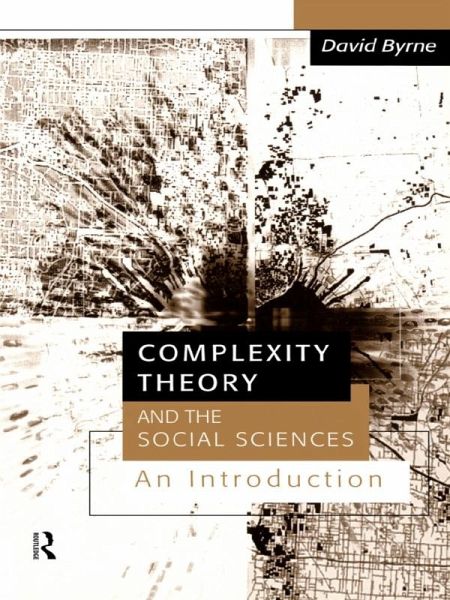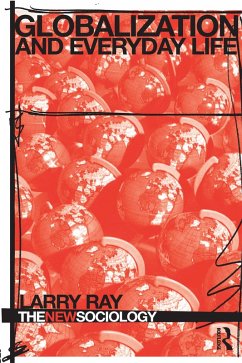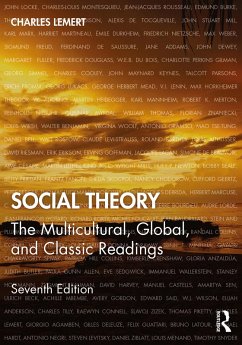
Complexity Theory and the Social Sciences (eBook, ePUB)
An Introduction
Versandkostenfrei!
Sofort per Download lieferbar
49,95 €
inkl. MwSt.
Weitere Ausgaben:

PAYBACK Punkte
25 °P sammeln!
Chaos and complexity are the new buzz words in both science and contemporary society. The ideas they represent have enormous implications for the way we understand and engage with the world. Complexity Theory and the Social Sciences introduces students to the central ideas which surround the chaos/complexity theories. It discusses key concepts before using them as a way of investigating the nature of social research. By applying them to such familiar topics as urban studies, education and health, David Byrne allows readers new to the subject to appreciate the contribution which complexity theo...
Chaos and complexity are the new buzz words in both science and contemporary society. The ideas they represent have enormous implications for the way we understand and engage with the world. Complexity Theory and the Social Sciences introduces students to the central ideas which surround the chaos/complexity theories. It discusses key concepts before using them as a way of investigating the nature of social research. By applying them to such familiar topics as urban studies, education and health, David Byrne allows readers new to the subject to appreciate the contribution which complexity theory can make to social research and to illuminating the crucial social issues of our day.
Dieser Download kann aus rechtlichen Gründen nur mit Rechnungsadresse in A, B, BG, CY, CZ, D, DK, EW, E, FIN, F, GR, HR, H, IRL, I, LT, L, LR, M, NL, PL, P, R, S, SLO, SK ausgeliefert werden.













